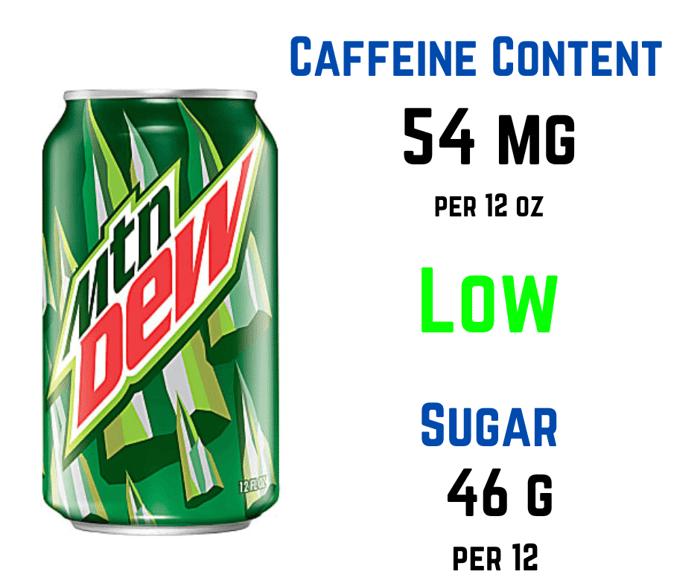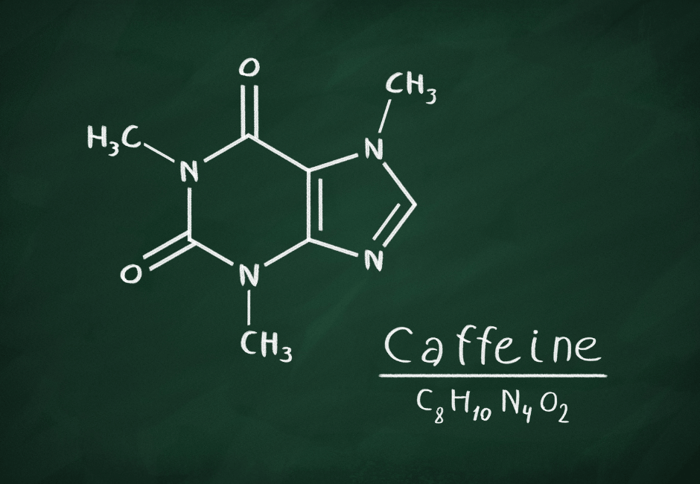You're feeling great, and you make coffee. You drink it, and you feel… fine. Then sometime later, you start to feel tired and jittery (what causes the jitters?)—clearly, your coffee is making you crash.
These crashes can be a real pain in the neck if they happen when you're trying to get things done or want to chill out and relax after a long day at work.
The good news is that it's not something that happens to everyone, but it does happen—and if it does happen to you, don't worry!
There are ways to prevent the "coffee crash" from happening again.
This blog post will explore the science behind the coffee caffeine crash and offer some tips for avoiding it.
So next time a caffeine crash hits you, you can rest assured that there's a way to fight back.
What Is a Caffeine Crash?
The coffee caffeine crash is a feeling of tiredness and lethargy that can occur after drinking coffee.
It is commonly experienced for various reasons, including excessive coffee consumption, lack of sleep, or drinking coffee close to bedtime.
According to the National Institute Of Health, the crash can last several hours and may accompany a headache or other symptoms.
Why Does Caffeine Crash Happen?
When you drink coffee, caffeine enters your bloodstream and starts to work on your brain. It blocks adenosine, a neurotransmitter that makes you feel tired, and this is what gives you the energy boost from drinking coffee.
However, after a few hours, the effect of the caffeine starts to wear off, and you may begin to feel tired again. This is because the adenosine starts to build up in your bloodstream again. You may also get other symptoms, such as a headache or irritability. This is known as the coffee caffeine crash.
How Can You Avoid The Caffeine Crash?
If you're like most people, you rely on caffeine to get through the day. But if you're not careful, you can easily end up with a caffeine crash.
Here are some tips to avoid a caffeine crash:
1. Don't Drink Coffee On An Empty Stomach
Coffee on an empty stomach can cause your blood sugar to drop, which can lead to a caffeine crash. So make sure you have something in your stomach before drinking coffee to keep you from feeling tired or sleepy.
2. Drink Coffee In Moderation
If you're susceptible to the caffeine crash, limit yourself to one or two cups per day. Too much caffeine can lead to jitters, anxiety, and restlessness. If you're prone to anxiety, limiting your intake to no more than 200 mg per day is best. (We've created a caffeine content guide for your favorite drinks and snacks)
3. Don't Drink Coffee Before Bedtime
Caffeine can stay in your system for up to six hours after consumption, which means that even if you do manage to avoid a crash during the day, there's still a chance—albeit a small one—that one could happen at night when you go to bed!
According to a study conducted by The National Center for Biotechnology Information, caffeine should be avoided within 5-6 hours before bedtime.
So, don't drink coffee right before bed. If you do, you'll probably end up feeling groggy and tired the next day, which will make its way into your workday when it's time for meetings or deadlines—and suddenly, all those meetings will seem like nothing but trouble!
4. Stay Hydrated
Many people think that caffeine is the only thing that can cause a caffeine crash, but it's not. If you're feeling shaky, it might be because you're dehydrated and need to drink more water. So drink up! You'll feel better. And yes, coffee does have water, but a glass of just water won't hurt here.
5. Don't Drink Too Much Caffeine At Once
Caffeine can be addictive, and it can be hard to stop drinking it altogether if you have a caffeine addiction. If you have trouble quitting cold turkey, consider slowly reducing your consumption over time instead of cutting out all caffeine overnight.
6. Make Sure You're Getting Enough Sleep
The coffee caffeine crash is more likely to occur if you're sleep-deprived. Lack of sleep can lead to fatigue, which makes it harder for your body to process caffeine properly. Making sure you get enough sleep each night will help keep your energy levels up and make it easier for you to avoid
7. Exercise regularly
Exercise can help keep your energy levels up and prevent the coffee caffeine crash. So make sure to take time every day for some form of physical activity—whether it's a walk around the block or a yoga class! A little bit every day can help with staying energized throughout the day and keeping your metabolism running smoothly.
The Final Words
Coffee is a great way to start the day, but too much caffeine can lead to a crash later on. To avoid this, be mindful of how much coffee you're drinking and limit yourself to one or two cups per day. With a little planning, you can enjoy your cup of joe without worrying about the dreaded caffeine crash.
Need some coffee? Check out all the delicious flavors of Meadow Ridge Coffee!
$49.99
Start your mornings with Meadow Ridge Coffee's Blueberry flavored medium roast coffee. A bold coffee with a hint of blueberry sweetness and an aroma that will make you crave some Blueberry pancakes. We use only the highest quality 100% Arabica… read moreMeadow Ridge Coffee Blueberry Pie Flavored Single Serve K-Cups - 12 Count (Case of 6)










